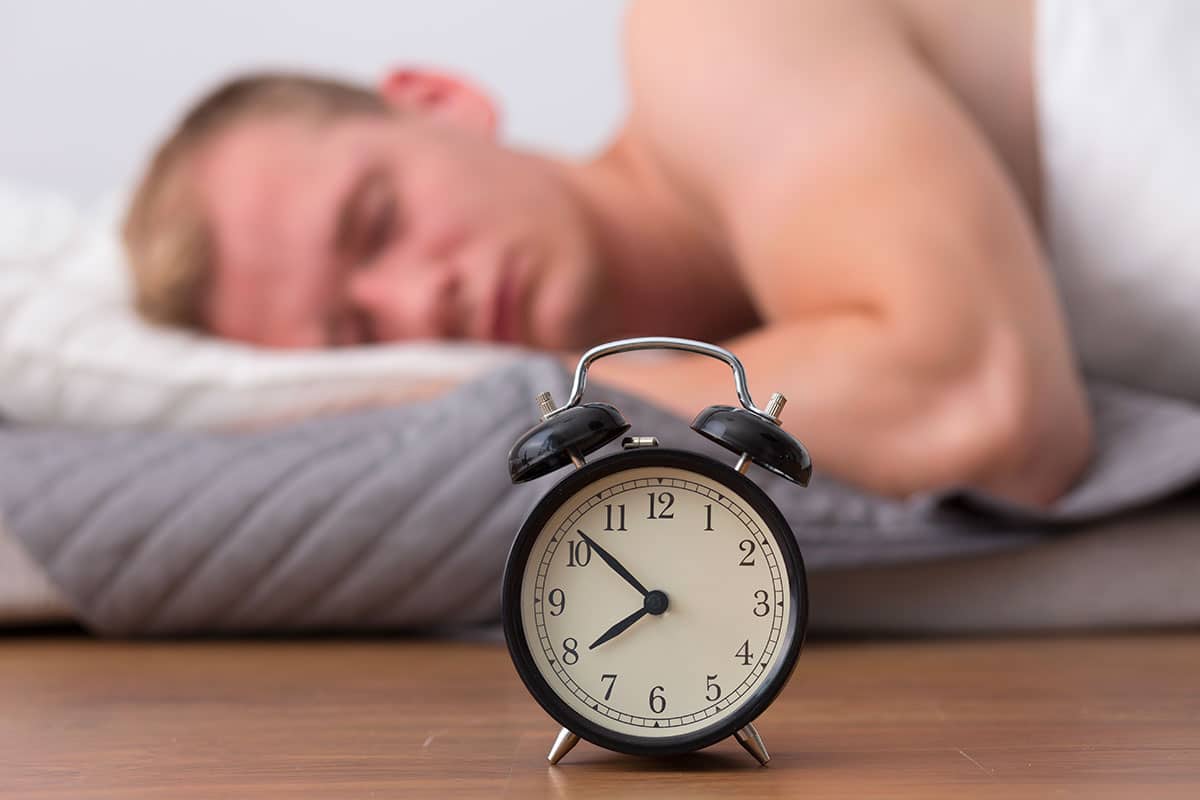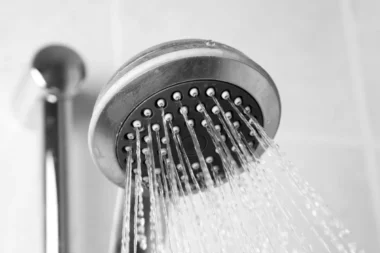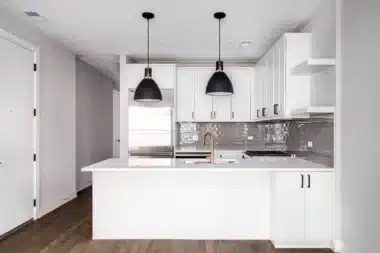As we get older, our bodies go through all kinds of changes, and one noticeable shift happens in our sleep habits. These changes can affect everyday life, from our mood to our general health. Grasping these shifts is pretty important for staying healthy and making sure we get the sleep our bodies need.
Changes in sleep patterns with aging
As the years pile on, many folks find that their sleep becomes lighter and more interrupted. Our natural sleep rhythm tends to shift, leading older adults to wake up at odd times during the night or spend more time awake than they used to when they were younger. The amount and strength of deep slow-wave sleep take a big hit compared to our 20s. Dr. Marc Rey, a neurologist and sleep expert, points out that “the brain’s activity becomes less synchronized as we grow older” (which means our sleep isn’t as continuous as it once was).
Even with these changes, our sleep cycles still run on roughly 90-minute loops. But after turning 60, those nighttime wake-ups tend to last longer and stick in our minds, making us feel like our sleep isn’t as good—even if we’re clocking a similar number of hours.
A Doctor Stopped Using Soap and Shampoo for 5 Years—Here’s What He Learned
Recommended sleep duration for seniors
Experts suggest that people aged 60 to 64 get about 7 to 9 hours of sleep each night. For those aged 65 and up, the recommendation is around 7 to 8 hours. Remember, the real measure of a good night’s sleep isn’t just the number of hours spent in bed—it’s also about waking up feeling refreshed and alert. Some seniors might do just fine with a bit less, while others might need a bit more (depending on how they feel first thing in the morning).
Factors messing with sleep for older adults
A variety of factors can throw a wrench in seniors’ sleep routines. For example, men often face frequent trips to the bathroom at night because of prostate issues. Women might deal with hot flashes and night sweats during menopause, which can seriously disrupt their sleep. Plus, chronic pain from conditions like arthritis or other health problems can make it tough to fall or stay asleep.
These challenges show why it’s important to find personalized ways to improve sleep among older adults.
Tips for better sleep after 60
Getting a better night’s sleep after 60 can often come down to small lifestyle tweaks. For starters, try taking a short nap during the day—ideally no longer than 20 minutes—to make up for lost sleep without messing up your nighttime rest. The sweet spot for a nap is in the early afternoon, between 1 and 2 p.m.
Sticking to a regular bedtime routine can work wonders. Doing something relaxing before bed—like reading or doing some gentle stretches—can help you wind down and fall asleep more easily. It’s also a good idea to avoid caffeine and heavy meals just before you hit the sack.
Getting in some daily exercise, even if it’s just a walk, can also give your sleep a boost at night.
A personal example
Looking back, the author remembers how their grandfather struggled with sleep for years. Things started to change for the better when he began taking those short daytime naps and tweaked his evening routine. This personal experience shows how small adjustments can really make a difference.
Let’s chat about your sleep
What about you? Have you noticed any changes in your sleep as you’ve gotten older? Maybe you’ve tried out some tips or come up with strategies that work for you. Sharing your own experiences can really help others who are facing similar sleep challenges.
By understanding these sleep changes and adopting a few tailored habits, it’s totally possible to keep enjoying good health and peaceful nights no matter your age.







